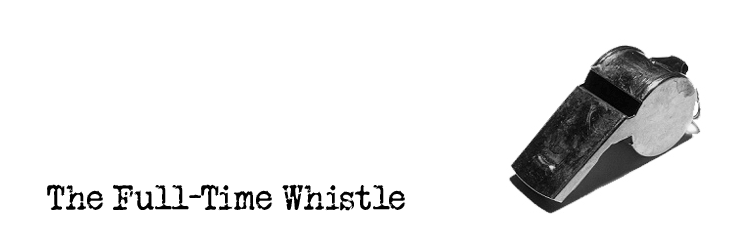The FA cup has been a bone of contention for many top clubs for the past decade, and although they aren't always keen to admit it, it has become second fiddle behind greater prizes, such as the Champions League or the Premier League. This was shown as early as the 99/00 season when Manchester United pulled out of the FA Cup to play in the FIFA World Team Championship, which at the time was stated as being "in the national interest to aid the 2006 World Cup bid". Manchester United were consequently knocked out in the group stage and came back to play in the FA Cup the season after getting knocked out by West Ham at home 1-0 in the 4th round.
This season has seen 2 lower league teams (disregarding Crawley, as explained later on) make it to the later rounds of the FA Cup. Notts County, who were knocked out last weekend away to Manchester City with a 5-0 defeat had performed admirably beforehand beating Sunderland and drawing to their eventual victors.
Notts County have already promised Paul Ince the majority of the £600,000 to spend on improving their League One Squad that they have made from their run in the cup this season which includes a cool £112,500 from beating the mackems at The Stadium Of Light. Notts County have managed to also gain around £275,000 in gate receipts alone from these extra games in the cup. This is a massive amount to a club who could only afford to bring in free transfers and loans during the summer despite the promotion from League Two last season.
Leyton Orient who have now played 6 games in this seasons cup, are set to make roughly £1M from their cup run. The game played on Sunday at home to Arsenal bought in £247,500, a huge amount to a club whose turnover is around £3M per annum. This however will be exceeded by the gate money from the game to be played at the Emirates, which even with the reduced ticket prices for the cup replay is likely to be pushing close to £1M for the single game, just for the 40% Leyton Orient will receive.
Barry Hearn, chairman of Leyton Orient has already expressed his delight at the cup run. He has promised the League One side a trip to Las Vegas at the end of the season, which sent the dressing room into choruses of Viva Las Vegas at the end of the match. He has stated how this is going to be the first time in his tenure ship (16 years) that Leyton Orient are set to make money. Much of this money could be set aside for a legal challenge which could be up and coming against the decision to award West Ham the Olympic Stadium.
One can only hope that The FA don't make any changes to the way the cup runs in the near future, with stories like these two popping up almost once a season, it is a giant windfall to some teams and can provide them with years of debt free football for teams lower down the pyramid (Havant & Waterlooville springs to mind here), changing this would harm the reputation even more of the cup. The magic is still there, you just need to know what your looking for.
